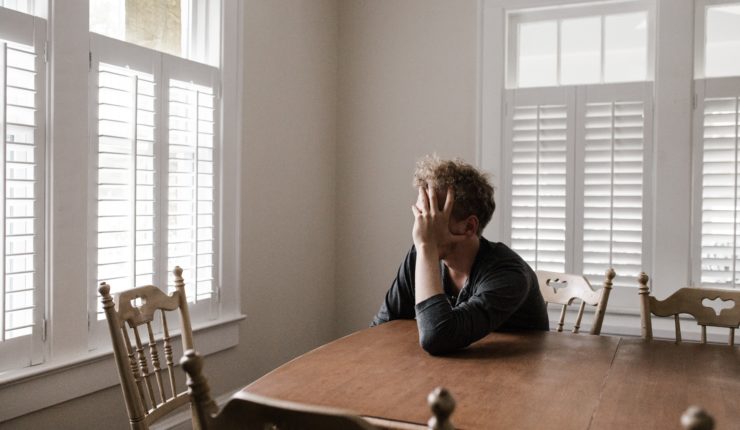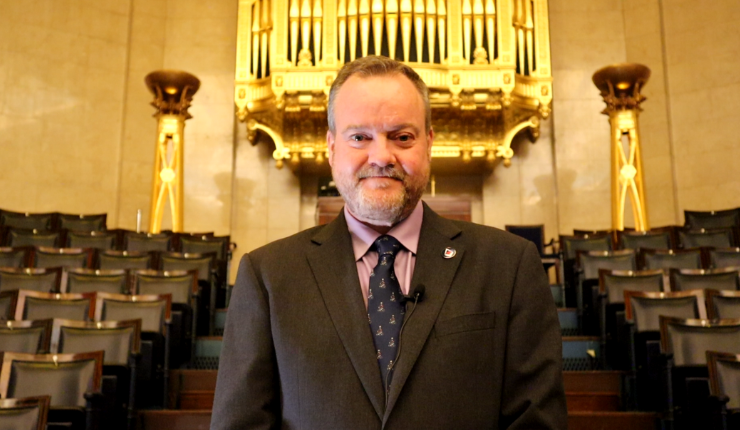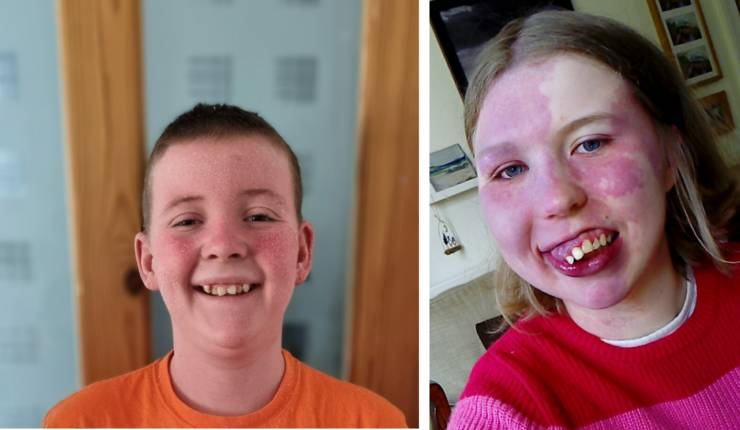Mental health
Time To Talk about mental health with Place2Be
Time to Talk happens every year on 2 February and it aims to bring people’s attention to mental health and end the stigma around it. It’s considered to be the largest national mental health conversation – a day for friends, families, communities and workplaces come together to talk, listen and change lives.
Talking about mental health can be difficult, and people might feel embarrassed about opening up and be scared of not being understood. However, making these conversations a part of our day-to-day is a powerful tool to improve people’s lives, making everyone feel more comfortable in sharing what they’ve experienced.
On this day, people are encouraged to create spaces to talk about mental health such as organising an event in their community, hosting a lunch and learn session at work, sharing information on social media, or simply texting a friend and asking how they’re doing.
Here at the MCF we’re proud to support many incredible organisations working to improve people’s mental health in their communities. Last year, we gave a £60,000 grant to Place2Be, a children’s mental health charity working with pupils, families and staff in UK schools. Our grant was used across three years and has supported school communities across the North East of England. In line with Place2Be’s ‘whole school approach’ to mental health, which supports children, young people, parents and teachers, the grant enabled the delivery of mental health services, reaching a total school population of around 5,000 children and young people.
The funding specifically supported the recruitment and training of highly skilled Counsellors on Placement, delivering the most appropriate intervention to children and young people within schools like drop-in sessions, one-to-one counselling and therapeutic group work.
To mark the importance of this day, we chatted with Place2be about what it means to them and how they’ve been supporting thousands of children with mental health.
What does Time to Talk Day mean to your charity?
Time to Talk Day, led by our friends at Mind and Rethink Mental Illness, is an important moment to encourage conversations around mental health and wellbeing. Talking about our mental health – with friends, family, loved ones, a trusted colleague – can help to build relationships and reduce stigma.
It’s so important that everyone feels able to share their worries or feelings with someone else. Our support allows pupils to express themselves in different ways through talking – or creative work and play.
What is the importance of talking about mental health issues in schools?
One in six children and young people have a diagnosable mental health issue, and 50 per cent of those with lifetime mental health problems first experience symptoms by the age of 14. It is only through acting early, particularly with younger age groups, that we can change the course for adulthood. Our evidence and experience shows that embedding skilled mental health professionals in schools, as part of a whole school approach, can have an enormously positive impact for pupils, families and staff.
Children and young people spend so much of their time in school, so it’s important they are able to have conversations about mental health and wellbeing in this environment. Through our work with schools, we support school staff, pupils and families to have these conversations.
Can you tell us about the services Place2Be provides for children and young people dealing with mental health issues?
Place2Be provides support in schools and expert training to improve the emotional wellbeing of children, young people, parents, and teachers. We call this a ‘whole school approach’.
We work in partnership with over 500 schools across the country, embedding mental health and wellbeing across schools, as well as offering targeted counselling with children, training for school staff and support for families.
We’re also the organisers of Children’s Mental Health Week, which takes place from 6-12 February 2023. This year’s theme is Let’s Connect, and we’re encouraging people to connect with others in healthy, rewarding and meaningful ways.
Can you discuss any challenges or barriers your charity faces in providing mental health support for children, and how do you work to overcome them?
The current economic crisis is undoubtedly affecting schools, with many facing significant pressures due to inflation and increased energy costs. We’re also hearing from Head Teachers about the impact of the rising cost of living on children and families.
We already know there is a clear link between deprivation and poor mental health. The cost of living crisis is plunging even more areas into deprivation, leaving many vulnerable families in poor-quality housing and temporary accommodation. We know this significantly affects mental health and, with it, school performance. 43 per cent of the children Place2Be supports in school communities across the UK are eligible for Pupil Premium Funding.
As it is a difficult time for schools, we continue to listen and respond accordingly to their needs.
There are also challenges in the children’s mental health workforce, with not enough counsellors to meet rising demand. Over time, demand has grown much faster than the workforce, and there have never been enough counsellors or therapists. As different ways of working in mental health emerge and the need increases, that gap is widening.
At Place2Be, building the children’s mental health workforce to meet the need in schools has always been a key part of our mission, alongside our work in schools. Leveraging our strength as a training provider and following the strategic review of our qualifications and workforce, we have a robust plan to address this which includes launching new, more accessible qualification routes.
How do you work with teachers and school staff to ensure school is a mentally healthy place for children to be?
Teachers and school staff play a crucial role in both promoting positive mental health for their pupils, and spotting when professional support may be needed. In schools with an embedded Place2Be service, we provide training for staff and consultations for staff about behaviour and wellbeing, to help makes schools more mentally healthy.
For other schools in the UK, we have two key programmes:
- Our online Mental Health Champions Foundation programme has reached 48.9 per cent of schools in the UK across every county in England, Wales, Scotland and Northern Ireland. This award-winning free programme, initially offered to UK teachers, is now available to all UK school staff, trainee teachers and youth workers.
- Our CPD-certified Senior Mental Health Leads training programme is Department for Education quality assured and launched in autumn 2021. The programme helps senior leaders identify their school’s priorities and develop strategic approaches to address those needs.
Place2Be is committed to building the confidence, skills and knowledge of school leaders and teachers, to promote a better understanding of mental health and wellbeing.






